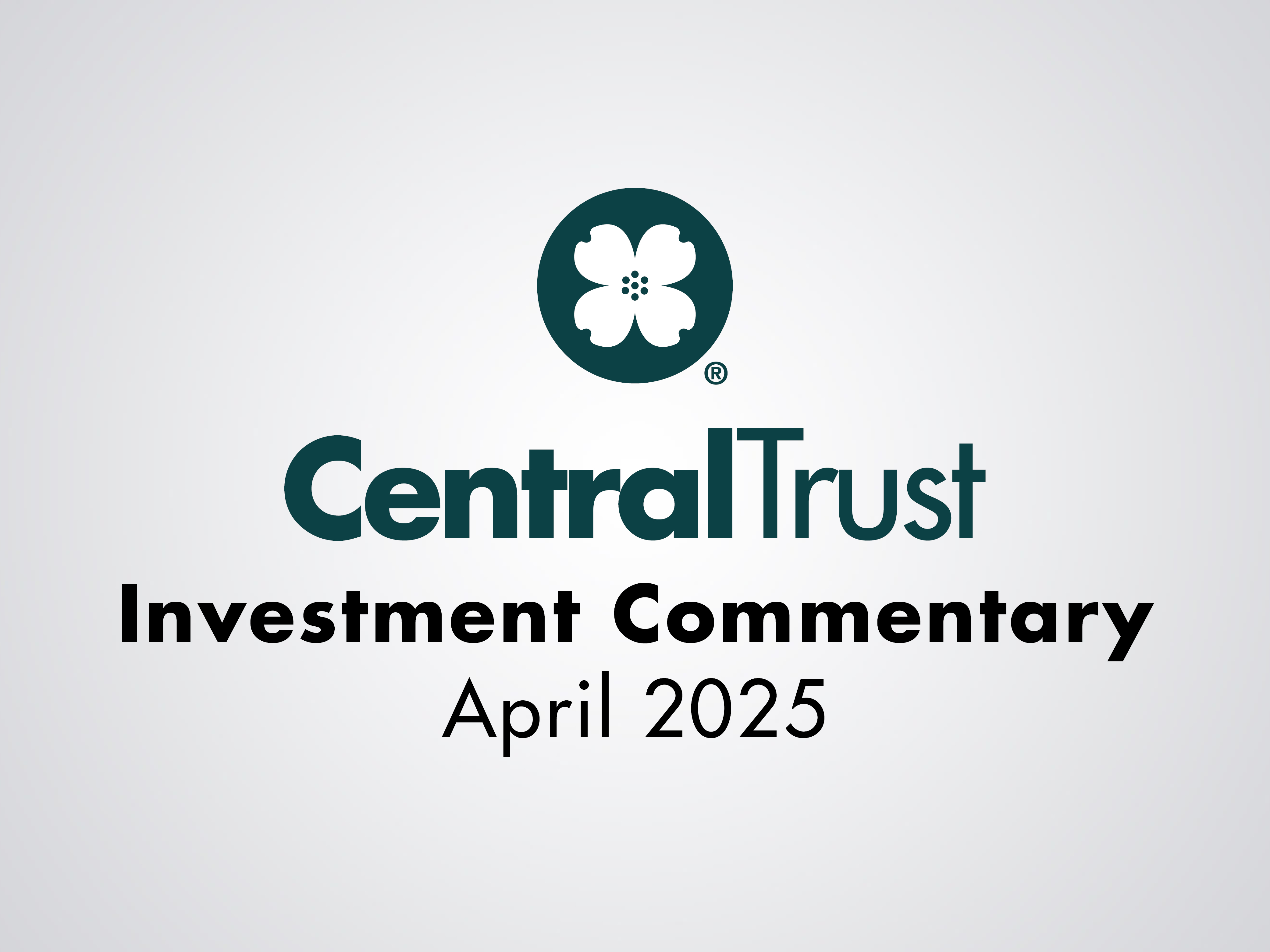May saw markets rebound as tech and consumer stocks surged, offsetting bond losses and debt concerns. International equities outpaced U.S. gains, while gold cooled but remained a top performer.

Over the past few weeks, market volatility has increased substantially and talk of a recession is on the rise. While we would like to think that the investment process has no room for emotion, the truth is that many investors become nervous when financial markets begin to show signs of volatility. That’s okay, and it’s expected to have emotions when it comes to your wealth. But too much emotion can be hazardous to your long-term goals. We encourage you to stop for a moment and think about whether you are feeling or exhibiting any of the following signs of emotional investing.
Fear of loss. Many investors are generally motivated by fear or by greed. Research shows that, for many people, the pain of loss is larger than the sense of satisfaction from a gain of the same size. Taken to an extreme, fear of loss leads to investment paralysis. An excessively risk-averse investor may park funds in ultra-safe, low-yielding bank deposits or short-term Treasury securities until a decision is made, accepting long periods of low returns. Or winning investments may be sold off too quickly in an attempt to lock in gains, while losing investments manage to stay in the portfolio indefinitely.
Following the herd. Many people find it easier to go with the crowd, to own the current hot stock, mutual fund or other investment. At least that way, if the investment does poorly, one has plenty of fellow sufferers with whom to commiserate. But when the “crowd” is defined as one’s family and friends, the crowd’s investment goals may be very different from one’s own.
Hair-trigger reflexes. Markets move on news. In many cases, the first market response is an overreaction, either to the up side or to the down. Sometimes “news” is only new to the general public, and it’s already been reflected in the share price through trading by those with greater knowledge. The true importance of any news event can only be discerned over the longer-term.
Generally, it’s better to watch the market react to news than to be a part of the reaction. Remember that market dips may present the best buying opportunities but they’re also the toughest times, emotionally, for making a commitment to an investment.
Betting only on winners. You’ve probably read the disclaimer, “Past performance is no guarantee of future results.” The disclosure is required by regulatory agencies because it is indeed true. Higher returns are usually accompanied by higher risks. Ultimately, those risks may undermine performance.
Abnormal returns, whether they are high or low, tend to return to the average in the long run. Investing on the basis of the very highest recent returns runs a significant risk of buying at the top of the price cycle, with a strong chance for disappointment.
The alternative approach
To avoid impulsive decisions that may be tainted with emotion, you should have a long-term investment plan that is customized to your goals and your time horizon. Remember, longer time horizons give investors more time to recover from bad years, and more chances to be in the market for good years. When is the last time you had a review of your plan or even created a plan? Doing so will likely provide peace of mind and take some of the emotion out of your investment decisions.


